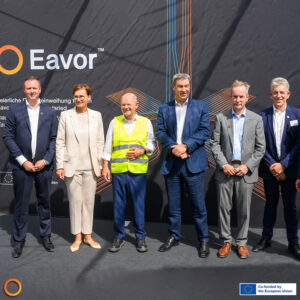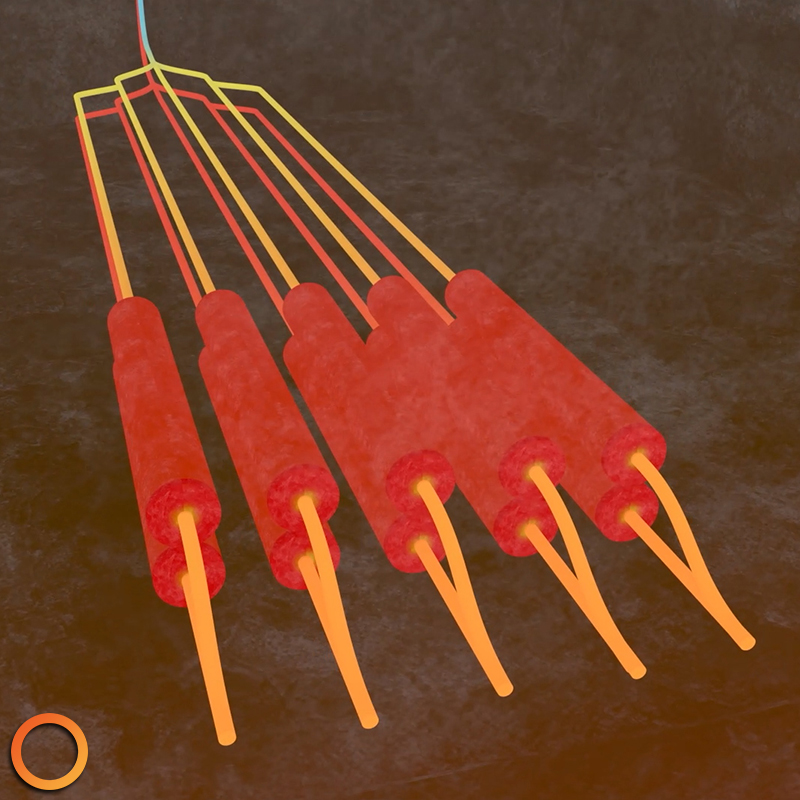The inauguration of Eavor’s first commercial project in Geretsried was the site where German Chancellor Olaf Scholz made an announcement to implement more geothermal plants tenfold, as he said that geothermal is an “obvious solution” to combating climate change.
“This is ambitious, but a secure and, above all, affordable supply of renewable energy is an advantage that is crucial not only for our citizens but also for our economy. For location decisions and for investments,” said Scholz.
“I wish … that Germany will be the first country in Europe where the Eavor-Loop™ works on a significant scale.”
Scholz further acknowledged Bavaria’s pivotal role in supplying Germany with geothermal power, and that it will be crucial for Germany to “tap into as much geothermal power as possible” to achieve a cleaner grid.
In a LinkedIn post discussing his time at the event, Bavarian Minister-President Markus Söder explained that Eavor’s technology presents a great opportunity for Bavarian heat production, and that geothermal energy will be a valuable asset in assisting Bavaria reach its net-zero goals.
“In the case of geothermal energy, more than 80 percent of Germany’s total output comes from Bavaria, and by 2050, we want to cover 25 percent of our heat demand with it. We are massively expanding all domestic energies. Bavaria is to be climate-neutral by 2040 – five years earlier than Germany,” said Söder.
The inauguration celebrates Eavor’s success in implementing its technology to provide clean, emissions-free district heating and electricity to the Geretsried region. Two rigs are currently drilling several kilometres into the ground, and when the closed-loop system is complete, the plant will start producing power by the second half of 2024. When completed, the power plant will produce 64 MW of thermal power for heating and 8.2 MW of electrical power, removing approximately 44,000 metric tons of CO2 annually.
Furthermore, recent commercialization of Eavor-Loop_™_ technology, thanks to a landmark partnership with OMV, promises to export these systems to more German cities, and expand into Austria and Romania in the near future.



















